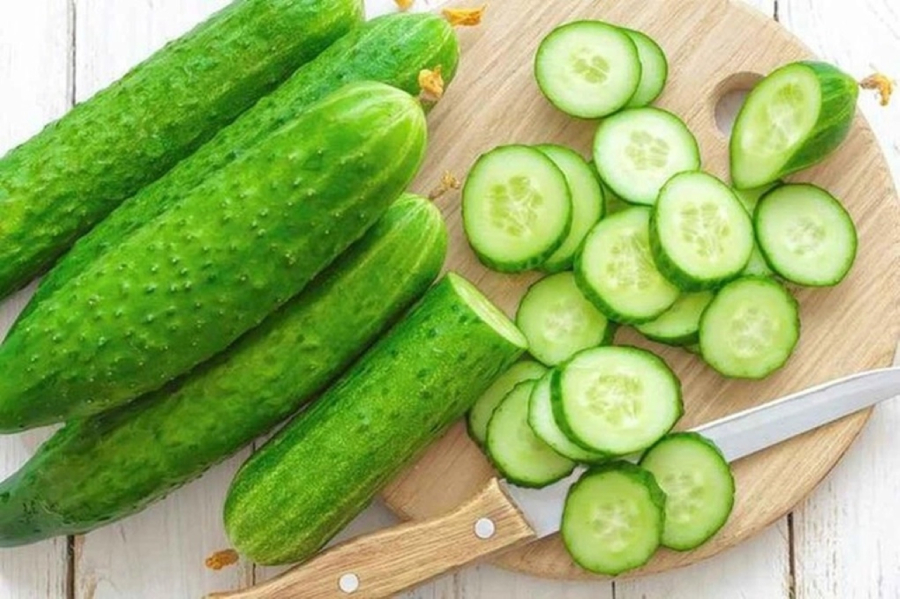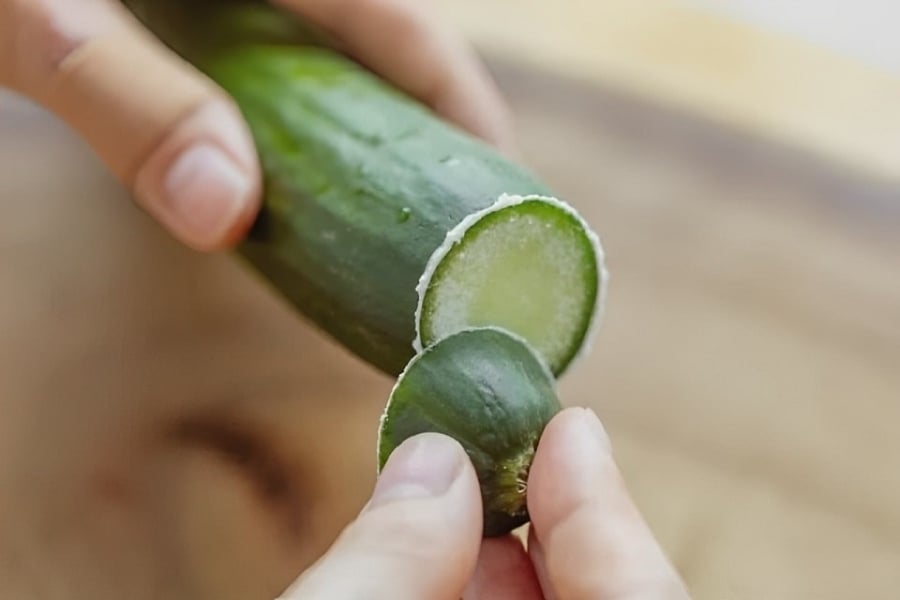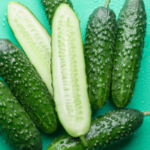Why Do Cucumbers Turn Bitter?
The presence of Cucurbitacin, a compound found in cucumber leaves, stems, and roots, is the primary reason for the bitter taste in cucumbers. This compound acts as a natural defense mechanism for the plant, deterring insects and animals from feeding on it. Occasionally, this compound can also be found in the cucumber’s stem end, infiltrating the fruit, which is why many cucumbers taste bitter at the blossom end.
Various factors, including weather conditions and nutrition, can contribute to the bitterness of cucumbers. Specifically, a lack of sunlight, drought, and low temperatures can damage the cucumber’s root system, affecting its ability to absorb water and nutrients. This, in turn, can lead to a buildup of Cucurbitacin in the stem end of the fruit, resulting in bitterness.

Sometimes, we encounter bitter-tasting cucumbers (also known as gherkins)
Are Bitter Cucumbers Poisonous?
While Cucurbitacin is present in cucumbers, the amount is typically too small to cause any harm. In fact, in small doses, it can be beneficial to the body and promote diuresis. However, consuming large quantities of Cucurbitacin can lead to poisoning.
The level of Cucurbitacin in cucumbers is generally low and is unlikely to negatively affect your health. It may simply make the cucumber taste less appealing and cause some discomfort. However, it is important to note that there have been cases of Cucurbitacin poisoning from consuming bitter squash and pumpkin. In India, for example, a person died after drinking bitter bitter gourd juice, and a similar case occurred in Germany due to excessive consumption of bitter pumpkin.
How to Prevent and Treat Bitter Cucumbers
Method 1: Cut off both ends of the cucumber and vigorously rub them in a circular motion until a white, frothy substance appears. This substance indicates the presence of the bitter compound, and by removing it, you eliminate the bitterness.

Vigorously rub the ends of the cucumber in a circular motion to eliminate bitterness.
Method 2: “Salt Cure” – Cut the cucumber lengthwise into two halves. Sprinkle a small amount of salt onto the cut surface of one half and rub the two halves together until a white froth appears. Then, simply rinse the cucumber with water and enjoy.
Who Should Refrain from Eating Cucumbers?
– Individuals with kidney problems: Due to the high potassium content in cucumbers, those with kidney issues, especially kidney failure, should refrain from consuming large quantities of cucumbers as it can further strain their kidneys.
– People with sinus or respiratory issues: If you suffer from sinusitis or other respiratory conditions, it is advisable to limit your cucumber intake as it may exacerbate the symptoms.
– Those with sensitive digestion: The Cucurbitacin in cucumbers can be difficult to digest, leading to bloating and discomfort. If you have a sensitive digestive system, it is best to consume cucumbers in moderation.


































